

Other than in formal shirts, the wrist portion of a dress almost always lacks elaboration because other portions receive more attention. The cuff is, in fact, the most ignored component. However, it’s no coincidence that some of history’s most alluring and stunning ladies have worn cuff bracelets on their wrists, as have even men.
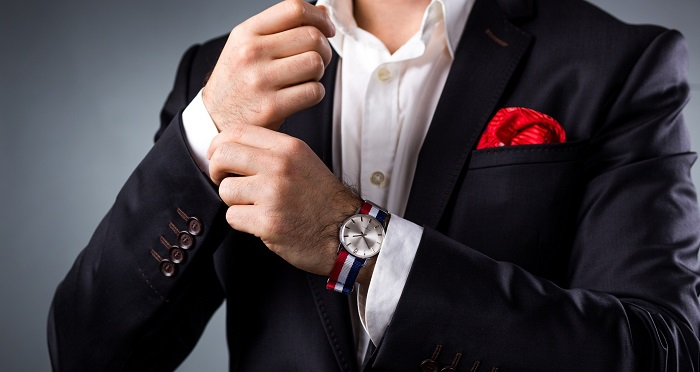
The purpose of turned-back cuffs is to prevent the fabric of the garment from fraying and, if it does, to make it easy to repair or replace the cuffs without altering the garment. The cloth is turned back (folded) to create the cuff, or a separate band of material can be added or worn separately and fastened with buttons or studs. A cuff may feature lace, another type of trimming, or an ornate border. When used in the US, the term “trouser cuffs” refers to the finished, folded bottoms of a pair of pants. The phrase “turnup” is still commonly used in the UK to refer to the turned-up hem of a pair of pants.
In a garment that covers the arms, the lower edge of the sleeve has an additional layer of cloth called a cuff. In addition to serving a practical purpose, turned-up cuffs now also serve a more aesthetically pleasing purpose by preventing the fabric from fraying. The majority of cuffs have remained barrel or French, but currently, intelligent variations like flared, asymmetrical, puffy, and Victorian lace versions are appearing, taking cues from sleeve and hem designs.
The cuff style may be traced back thousands of years, appearing in ancient societies all across the world, from Asia to Africa and Europe to the Americas. It is often described as a hard, open bracelet that slips over the wrist or arm or one of great width (in fact, some are both). Rich men frequently wore sleeve cuffs embellished with delicate lace between the 15th and 18th centuries. Nowadays, Catholic clergy have exquisite lace trim on the sleeves of their choir robes.
The cuff was adored by the Egyptians, who frequently embellished it with valuable stones and inscribed hieroglyphic writing inside. (It’s not unusual to see images of the fabled Egyptian queens Cleopatra and Nefertiti wearing a pair of gold cuffs.) While finely carved jade cuffs were highly prized in China around 2000 B.C., Mayan lords wore metal cuffs to denote rank and family. In ancient Greece, cuffs were worn on both the lower and upper arms, and Greek soldiers used leather and metal cuffs for both decorative and protective purposes. Similar cuff designs used by the military and aristocracy would later be seen in ancient Rome.
Major types are -
Shirt cuffs are often separated down one edge and sewn together, with the exception of casual clothing, to allow a hand to pass through and then fit more tightly around the wrist.

Some sweaters and sporting clothing (tops and bottoms) include cuffs that are woven or contain elastic to fit securely around a hand or foot while stretching over an arm or leg. Depending on how they fasten, there are three different types of divided shirt cuffs: Convertible, link, and button cuffs
To prevent fraying, the bottoms of most trouser legs are hemmed. After being hemmed, turn-up pants are rolled outward and occasionally pushed or sewn into position. The cuffs’ primary purpose is to assist the pants’ drape by adding weight to the bottom of the leg.
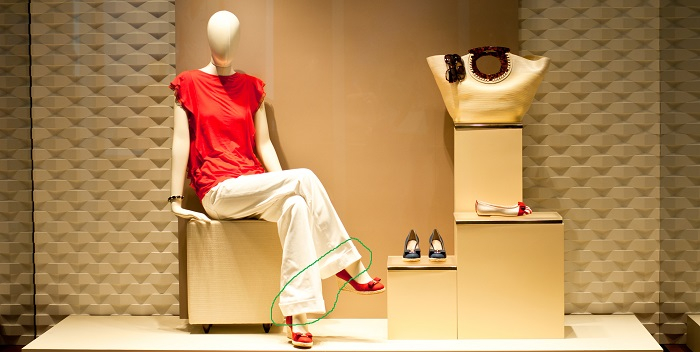
At the end of a suit jacket’s sleeves, there are typically decorative and non-functional buttons and buttonholes. “Surgeon’s cuffs” are openable at the wrist and are frequently used with custom clothing.
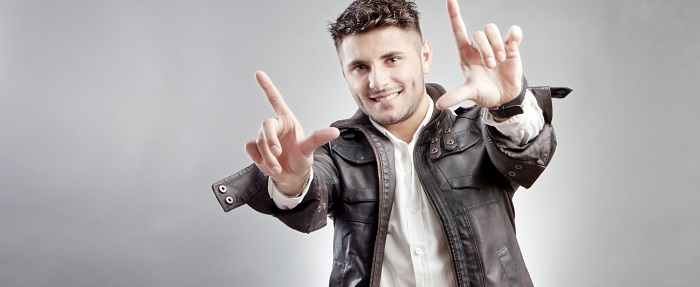
French cuffs, often known as double cuffs, are twice as lengthy as single cuffs. These two varieties of cuffs, however, require cufflinks to secure them at the wrist. In England, this elegant cuff style is common. Its doubling back on itself is how it got its name. Until barrel cuffs took their place as the most popular cuff design in the middle of the 20th century, this cuff style was among the most sought-after.
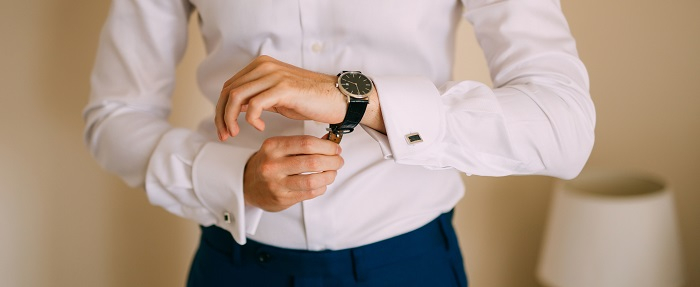
There are numerous names for this cuff type, including turnback cuff, James Bond cuff, Portofino cuff, and Casino cuff. Whatever you choose to call it, you won’t fail to notice this cuff when you see it.

Though uncommon, it is a very stunning sight. A double-length cuff that has been folded over so that the hems form a diagonal line makes up the cocktail cuff. Although these kinds of cuffs were already common, the Dr. No film helped make them more well-known because of Sean Connery’s portrayal of James Bond. Since then, it has become one of the most coveted fashion trends among experts.
Also known as button cuffs. These cuffs are among the most popular and are frequently worn with both business and informal outfits. They usually involve two horizontally positioned buttons with 34-inch spacing between them. Additionally, there is a certain style where the buttons are positioned vertically, but you will only find this design on custom-made or stylish shirts.
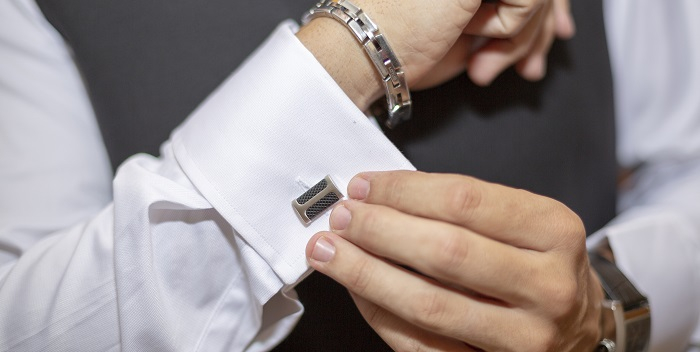
Although it fastens differently, this cuff resembles a barrel cuff. Cufflinks can be used to secure single cuffs. Because they are rarely used, they are hard to come by off the shelf. They look best when dressed in white ties and wing collar shirts.
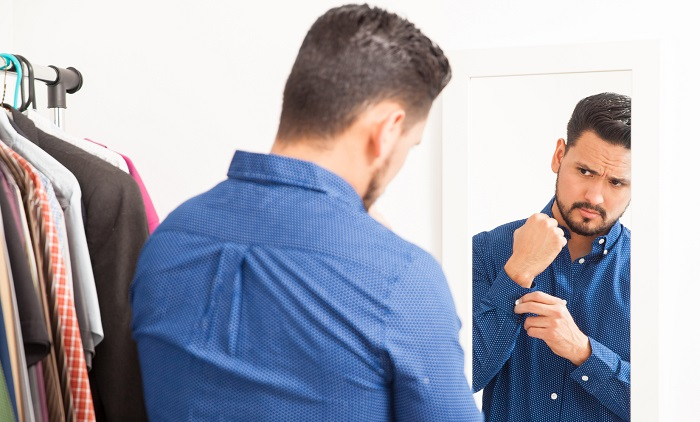
Only stores that offer custom-made apparel will offer convertible cuff styles; they are not frequently available. The majority of the time, they are double cuffs, although some manufacturers also provide versions with a hole between the buttons that resemble barrel cuffs.
A cuff might be thick and imposing or thin and delicate. They can be worn once for instant invincibility, twice for instant invincibility, or three and four times for extra effect and glitter.
To match the innovations seen on the runways, garment manufacturers are incorporating unconventional cuff designs into their collections, despite sticking to the safe bet of using the classic sleeve, to make their product marketable and reach out to a wider range of consumers. However, suddenly a change is being seen as international designers show signs of experimenting with cuff detailing.